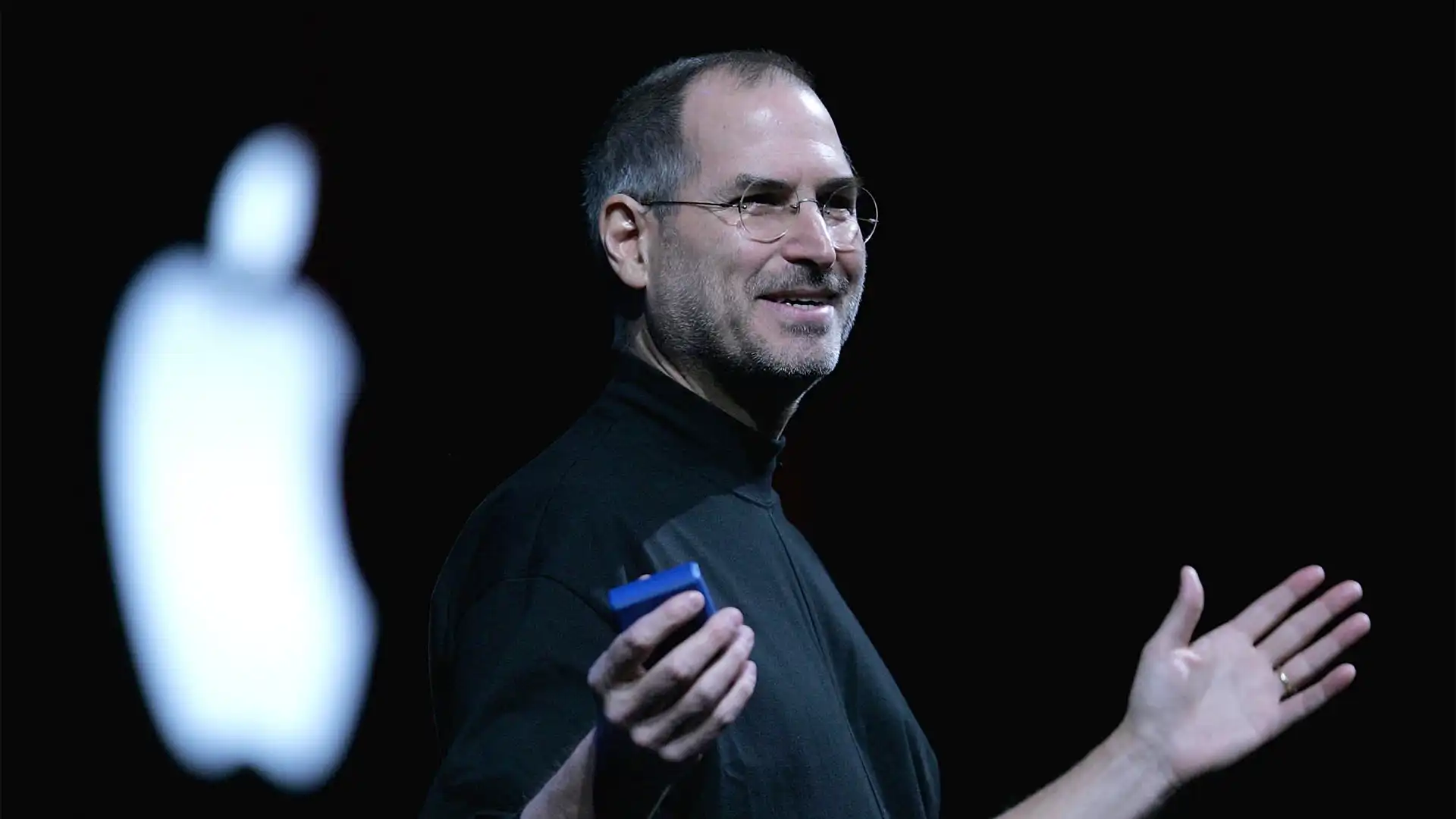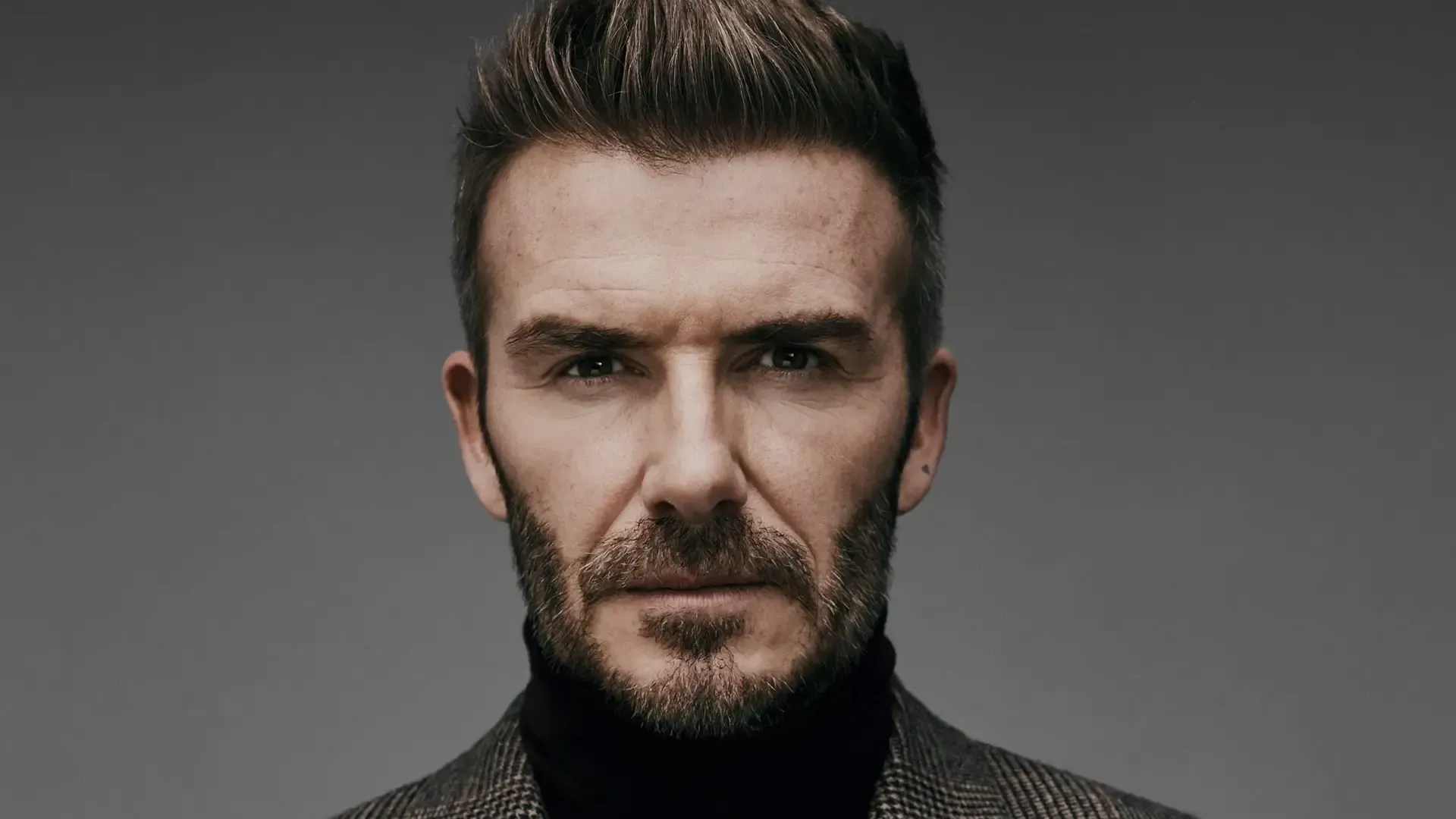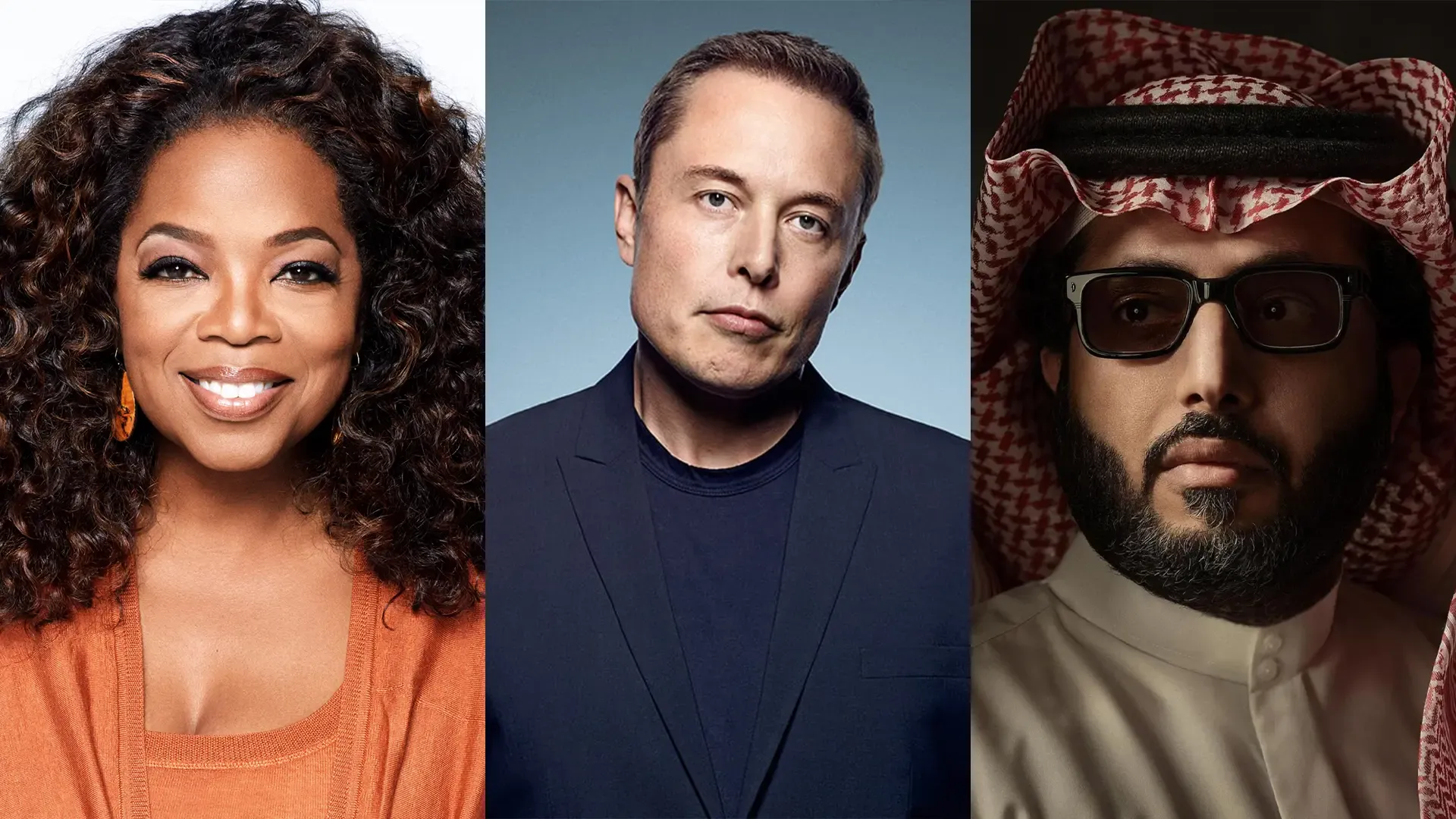The Power of Personal Branding
Share
Imagine a future where passion turns into a profession, opportunities start to unravel, doors are open, and people view you as an outstanding brand. This magic happens for those who harness the power of personal branding.

What is Personal Branding?
Personal branding is simply the process of developing and managing an individual's professional image and reputation. It involves strategically showcasing one's unique skills, expertise, values, and personality to create a distinctive and memorable personal brand.
In this day and age, personal branding is no longer relegated to the realm of celebrities and public figures, it can be applied on anymore and everyone from branding experts, marketers, public speakers, entrepreneurs, scientists, teachers, doctors, lawyers, to artists, athletes, and many more. In this fiercely competitive landscape, personal branding has become a crucial tool for ambitious individuals who aspire to stand out and make their mark.
The Main Ingredients of Personal Branding
Define Your Unique Factors
The first step to establish and enhance your personal brand, is identifying your unique value proposition. Assess what differentiates you from others in your industry, including your skills, expertise, and strengths. When it comes to personal branding, expertise isn't just a technical checkbox; it's a vibrant tapestry woven from threads of mastery, experience, and a relentless pursuit of excellence. Building a compelling narrative around expertise, sharing the journey, not just the destination. Highlighting the lessons learned, the moments of unexpected inspiration, and the continuous thirst for growth. This vulnerability resonates, revealing the human face behind the mastery, and fostering a connection that transcends mere qualifications. The expertise will help anyone be recognized and positioned differently in the market.
Understanding Your Audience
Defining one's target audience is the cornerstone of effective personal branding. The target audience refers to the specific group of individuals that one aims to connect with and influence. This critical step involves conducting thorough research and empathy mapping to gain insights into their needs, emotional triggers, preferences, preferred communication channels, and more. Utilizing this information will enable you to customize your brand message and communication style, fostering emotional connections with your desired target audience. For instance, a fashion influencer might concentrate on engaging with young fashion enthusiasts seeking style inspiration and guidance.
Crafting a Brand Story
Crafting a compelling brand story is a crucial element of personal branding, it allows individuals to communicate their identity, values, and expertise effectively. Creating a strong narrative that highlights one's journey, experiences, and passion helps a person engage and connect with the audience emotionally, establishing a deeper and more meaningful connection. Storytelling involves conveying a sense of purpose and passion, sharing significant experiences and milestones, and highlighting unique qualities that set them apart.

Manage Your Brand Association
In the personal branding context, reputation isn't just a trophy on a shelf; it represents the big picture. This means that brand association influences people’s hearts, feelings, and actions. Being aware of the interactions, statements, brand presence and activities that are associated with one’s name is significant to maintaining a good reputation.

Your brand is what people say about you when you’re not in the room.
Jeff Bezos
Consistency, Consistency, Consistency
Consistency is key when it comes to personal branding. Building a coherent online image isn't just about aesthetics; it's about weaving a tapestry of content, visuals, and interactions that tell a unified story. Staying consistent across various platforms and touchpoints makes it easier for the target audience to identify and remember your brand.
David Beckham has stayed consistent since the beginning, in terms of his life and career. He was one of the very first celebrities to become an influencer. He is well recognized for his fashion sense, endorsing numerous brands, and being a global icon in the world of sports and popular culture.
Successful Personal Brand Cases

Several individuals have successfully built personal brands and have made a significant impact. Elon Musk, the CEO of Tesla and SpaceX, has built a personal brand around his visionary ideas, innovation, and determination to revolutionize industries. Oprah Winfrey, known for her authenticity, empathy, and commitment to personal growth, has built a personal brand centered around her ability to connect with audiences and inspire positive change. Turki Al-Sheikh, one of the most notable faces on social networking sites. With his bold character, visionary approach and entrepreneurial mindset, he has established a personal brand as the daring Saudi adviser at the Royal Court under the rank of Minister and the current Chairman of General Authority for Entertainment.

To conclude, personal branding is a powerful tool that enables individuals to showcase their unique qualities and expertise, leaving a lasting impression on their audience. By crafting a compelling personal brand story and leveraging consistent messaging and visual elements, individuals can unlock numerous opportunities for career growth, influence, and success.



